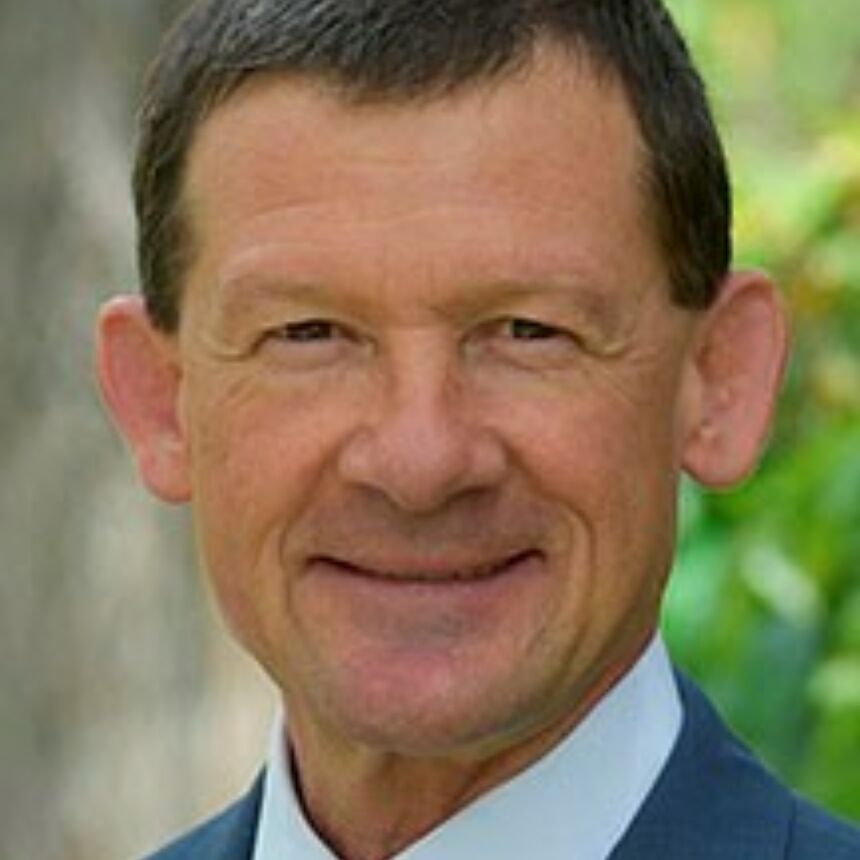The J. Jeffrey and Ann Marie Fox Graduate School Ombudsman Office
Our office serves as a valuable resource for students, assisting in conflict resolution, providing guidance on relevant policies, connecting you with support resources, and making referrals to formal channels with investigatory powers. Our Graduate Student Ombudspersons are exclusively available to consult with Penn State graduate students, providing a confidential and supportive space for addressing concerns and finding resolutions.
Reach out to your representatives when you need their support.
Access the Program
Any graduate student on any campus can contact any of the ombudspersons via email. We invite you to read their biographies to learn more about them. The email addresses are listed for each person.
Students are welcome to discuss any issues related to their graduate education with an ombudsperson. Examples of items to discuss include concerns regarding interactions with your dissertation or academic adviser, conflicts with other students, or academic difficulties. The ombudspersons are there to help you sort through options, provide advice, inform you about University resources, and be a “thinking partner.”
Meet the Graduate Student Ombudspersons

Duncan K. H. Fong
Duncan K. H. Fong, is Professor of Marketing at Smeal College of Business and Affiliated Professor of Statistics in the Eberly College of Science at the Pennsylvania State University. He is a former chairman of the Marketing Department (2010-13) and a former Ph.D. Director of Smeal Ph.D. Programs (2009). Professor Fong has also served as the Ph.D. Coordinator of the Marketing Department for many years. His research interests include marketing research, marketing analytics, Bayesian analysis, operations research, and supply chain management. He has published more than fifty refereed articles in various top journals in Marketing, Statistics, Operations Management and Operations Research. At Penn State, he has served on 34 doctoral committees and 13 M.S. committees, supervised 10 doctoral dissertations, 3 master theses and 1 undergraduate honors thesis. His former Ph.D. advisees were placed at universities and industrial firms. He can be reached at i2v@psu.edu.
Email Dr. Fong
Patrick Lee Plaisance
Patrick Lee Plaisance is the Don W. Davis Professor in Ethics at the Bellisario College of Communications at Pennsylvania State University, and an Affiliate Faculty at the Rock Ethics Institute at Penn State. After a 14-year career as a journalist, he began his second career in academia in 2002. His research focuses on applications of ethics theory to media practice, moral psychology, and the philosophy of technology. He has published three books on these topics, including a widely used textbook on media ethics, and dozens of peer-reviewed articles. He frequently collaborates with graduate students as co-authors, writes a regular blog at Psychology Today, and is Editor of the Journal of Media Ethics. He has served on dozens of committees for doctoral and master’s students, supervises research assistants, and regularly speaks on the topics of research ethics and academic integrity. Patrick can be reached at plp22@psu.edu.
Email Dr. PlaisanceMission
Guiding Principles
Graduate Student Ombudspersons provide a safe environment for graduate students to discuss issues and concerns. They assist the students in identifying or creating options for resolution, understanding relevant policies, connecting with resources for support and assistance and making referrals to formal channels with investigatory powers. Ombudspersons do not formally advocate for the student or any individual point of view, but instead work to promote a fair process for all. The Graduate Student Ombudspersons do not keep formal records, perform formal investigations, or advocate for either one party or another, but they advocate for fairness.
Commitment and Limitations
Ombudspersons are committed to:
- Enhance communication;
- Listen and help to analyze the problem or complaint;
- Clarify possible misunderstandings in situations that involve potential disputes;
- Help to define and evaluate options;
- Identify and explain relevant University policies and procedures;
- Assist in resolving issues informally and expeditiously; and
- Assure that appropriate department, college/school and/or campus procedures are exhausted before referring the case to higher levels.
Ombudspersons shall not:
- Hold hearings;
- Exceed the role of conciliator and adviser;
- Substitute their judgment for that of appropriate administrative and/or faculty bodies;
- Serve as adviser for either party in official proceedings such as appeal hearings, Title IX cases, or student conduct disciplinary hearings.